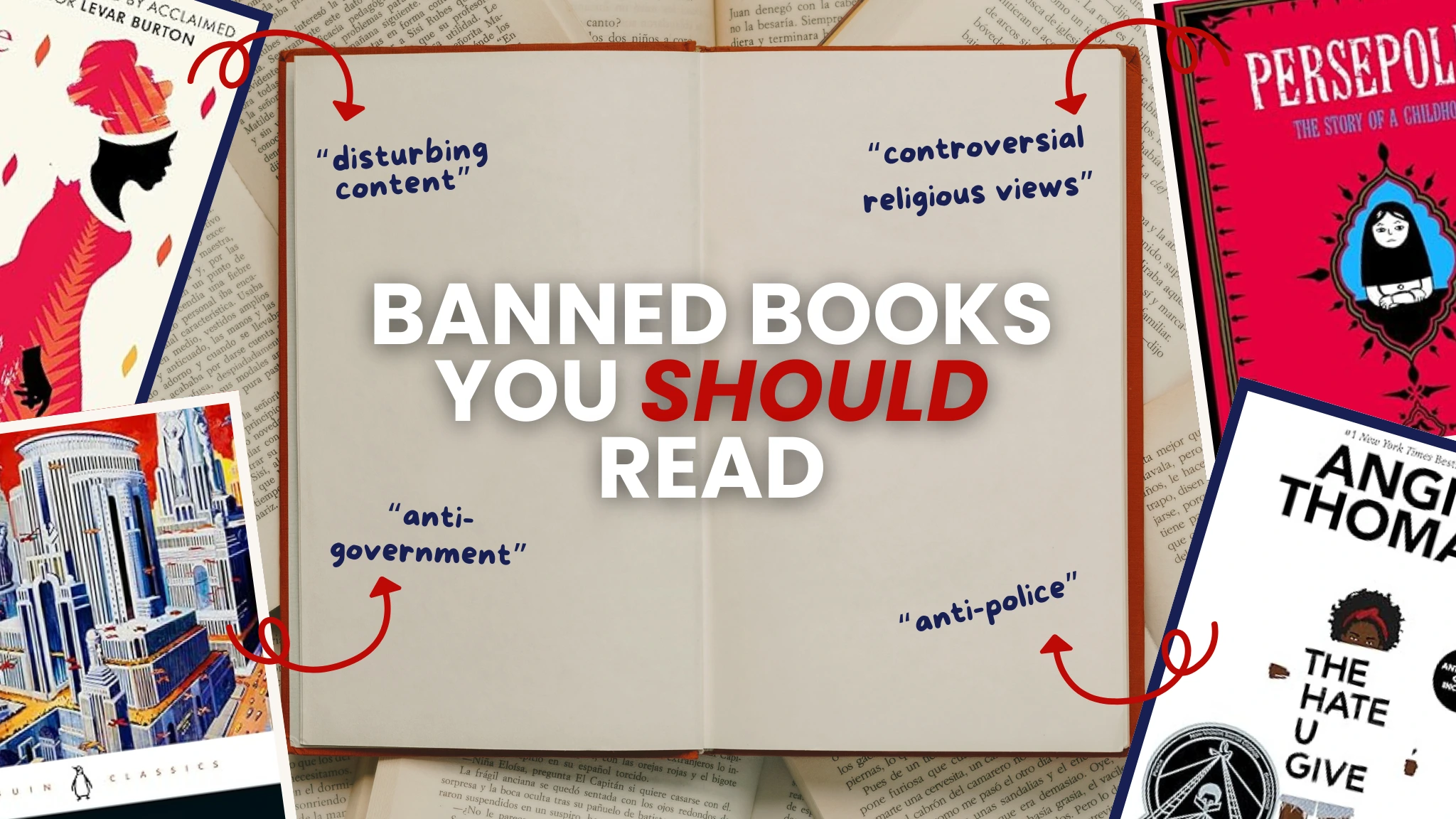Censorship has long been a weapon against ideas that challenge the status quo — but some books refuse to be silenced. Tackling race, gender, oppression, and free speech, these banned books feel more urgent than ever. Their struggles are still our struggles, their messages louder than ever. If a book is being banned, it’s likely because it speaks a truth some fear. So read them, question them, share them — and keep the conversation alive.
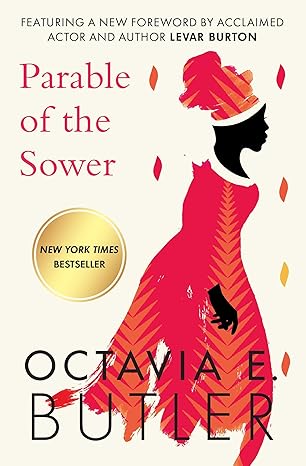
Parable of the Sower by Octavia E. Butler
Banned for: Religious themes, violence, and “disturbing content”
Octavia Butler’s The Parable of the Sower presents a near-future America ravaged by climate disaster, wealth inequality, and government collapse. The protagonist, Lauren Olamina, creates her own belief system — something that has made the book controversial in certain school districts. With its themes of authoritarianism, environmental destruction, and survival in a crumbling society, Butler’s novel feels eerily prophetic and just as urgent as another, often-cited banned book, The Handmaid’s Tale by Margaret Atwood.

We by Yevgeny Zamyatin
Banned for: Political criticism and “anti-government” themes
Before 1984, there was We — the original dystopian novel that George Orwell himself cited as inspiration. Set in a totalitarian society where individuality is erased, citizens live under constant surveillance, and love is controlled by the state, We was banned in the Soviet Union for its direct attack on authoritarian rule. Today, as governments increase surveillance and suppress dissent, We remains as hauntingly relevant as Orwell’s classic.
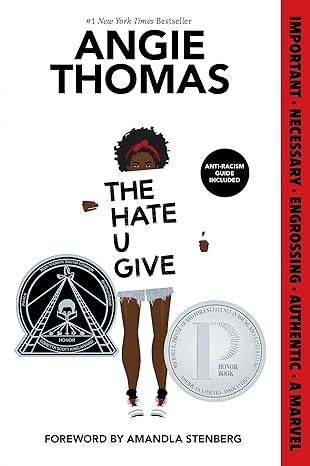
The Hate U Give by Angie Thomas
Banned for: Profanity, drug use, and “anti-police” themes
Inspired by the Black Lives Matter movement, this novel follows Starr Carter, a teen who witnesses the police shooting of her unarmed friend. Schools have banned The Hate U Give for its raw take on racism, police brutality, and activism — yet these are exactly the conversations we need to have. It’s a book that gives power to young voices demanding change.

Maus by Art Spiegelman
Banned for: Graphic content, nudity, and “disturbing themes”
A Pulitzer Prize-winning graphic novel about the Holocaust, Maus has been pulled from classrooms for its depictions of violence and even a small drawing of nudity. But with Holocaust denial and misinformation on the rise, Spiegelman’s work is more important than ever. The truth of history shouldn’t be censored — it should be remembered.

Gender Queer by Maia Kobabe
Banned for: LGBTQ+ themes, explicit content, and being “inappropriate for minors”
A powerful memoir about gender identity, Gender Queer has become one of the most banned books in the U.S. Maia Kobabe’s deeply personal journey resonates with many who are exploring their identity in a world that often refuses to understand. With LGBTQ+ rights under attack, books like this give voice to those who are silenced.
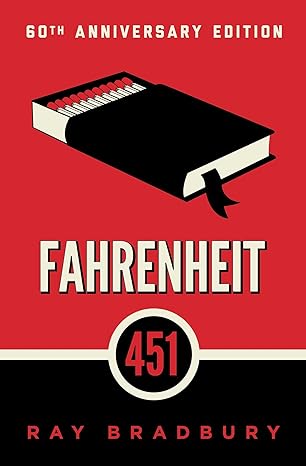
Fahrenheit 451 by Ray Bradbury
Banned for: Profanity, “questioning authority,” and being “anti-government”
A novel about a future where books are burned and independent thought is criminalized, Fahrenheit 451 ironically finds itself frequently challenged. As debates over censorship and book bans surge, Ray Bradbury’s warning about a society that fears knowledge feels disturbingly relevant. If there was ever a time to read this book, it’s now.
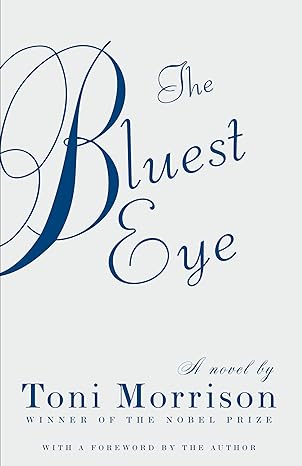
The Bluest Eye by Toni Morrison
Banned for: Sexual content, racism, and “disturbing themes”
Toni Morrison’s debut novel tells the heartbreaking story of Pecola Breedlove, a young Black girl who equates beauty with whiteness. Schools have banned it for its unflinching look at racism, trauma, and sexual violence. But in a world still grappling with systemic inequality and beauty standards that only seem to get worse, The Bluest Eye remains as powerful — and necessary — as ever.
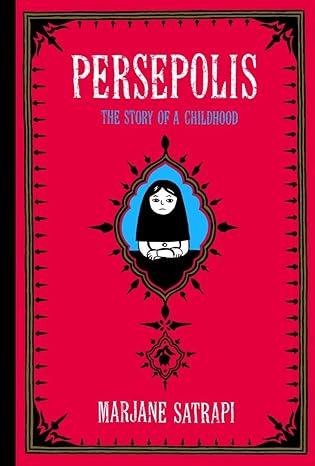
Persepolis by Marjane Satrapi
Banned for: Political criticism, violence, and “controversial religious views”
This graphic memoir recounts Satrapi’s childhood during the Iranian Revolution, offering a personal look at life under oppressive rule. Many schools have banned Persepolis for its depictions of violence and government criticism. But as global protests for women’s rights in Iran and beyond continue, Marjane Satrapi’s story is more relevant than ever.

All Boys Aren't Blue by George M. Johnson
Banned for: LGBTQ+ themes, explicit content, and “inappropriate material for youth”
A raw and emotional memoir about growing up Black and queer, All Boys Aren’t Blue has been repeatedly challenged for its frank discussions of identity, race, and sexuality. But seeing as LGBTQ+ stories are seemingly being erased, George M. Johnson’s words are a lifeline for those who feel unseen. This book is about truth, and truth shouldn’t be banned.

To Kill A Mockingbird by Harper Lee
Banned for: Racial themes, profanity, and “uncomfortable discussions”
A staple of American literature, To Kill a Mockingbird has been banned for everything from racial slurs to its depiction of injustice. But conversations about race and inequality are more important than ever, and Atticus Finch’s lesson — that we must stand up for what’s right, even when it’s hard — still rings true.
